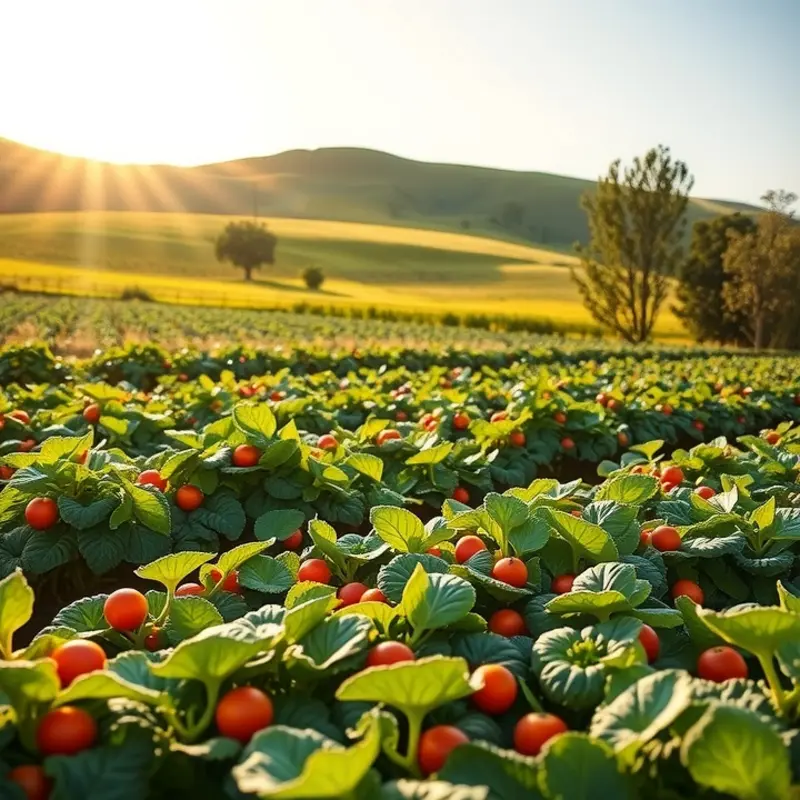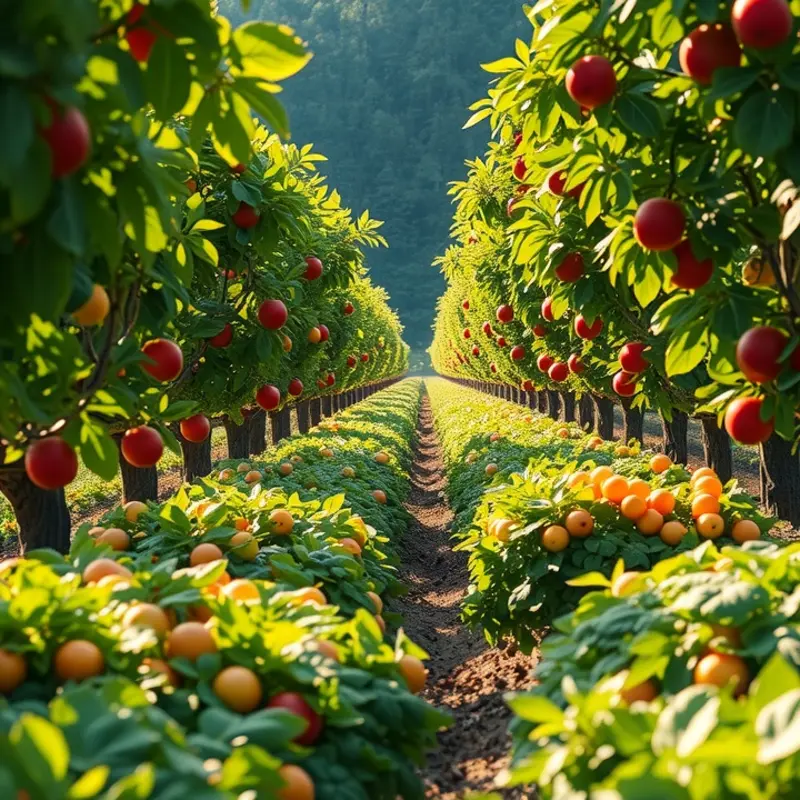Making eco-conscious choices in your food supply can seem daunting as eco-friendly options multiply. However, green grocery delivery services offer an innovative solution, connecting environmentally-conscious individuals to sustainably sourced and curated foods. This guide explores your various options, empowering you to make choices that align with your values and support a healthier planet.
Unpacking Eco-Friendly Grocery Delivery Services

In exploring the landscape of green grocery delivery, several distinct models emerge, each catering to different sustainability goals and consumer needs. From hyper-local initiatives to global organic suppliers, understanding the differences can help you make informed choices that align with your values.
Local Farmers’ Markets Online
The digital adaptation of farmers’ markets brings fresh produce directly from growers to your doorstep. These services, usually community-driven, focus on reducing waste by offering seasonal produce and often use minimal packaging. The direct-from-farm approach shortens the supply chain, cutting carbon emissions linked to transportation. For those committed to supporting local economies and eating seasonally, this model offers a reliable solution.
Community Supported Agriculture (CSA)
CSAs represent a partnership between consumers and local farms. Customers purchase a share in the early season, receiving regular deliveries of fresh produce throughout the harvest period. This model supports small-scale farmers financially up front and usually features a variety of sustainably grown items. It encourages waste reduction by aligning supply with pre-determined demand and promotes biodiversity through diverse crop cultivation.
Organic Supermarkets with Delivery
Global organic supermarkets have expanded their offerings to include home delivery services. These retailers typically adhere to stringent organic standards, ensuring their products are free from synthetic pesticides and fertilizers. Many of these supermarkets provide detailed sourcing information and emphasize recyclable packaging. While the carbon footprint might be higher due to larger-scale operations, their commitment to sustainability guidelines often sets a high industry standard.
Food Co-ops and Ethical Grocers
Unlike traditional grocery stores, food co-operatives are owned by their customers, emphasizing community welfare and ethical sourcing. Members often have a say in what products are stocked, with a focus on fair trade and environmentally friendly goods. Delivery services from food co-ops are gaining popularity, offering eco-conscious consumers a way to influence their local food landscape directly while enjoying the convenience of door-to-door service.
By measuring your personal sustainability goals alongside the operational practices of these delivery services, you can choose an option that not only suits your lifestyle but also aligns with your environmental priorities. For instance, enhancing your grocery habits with low-waste cooking strategies can further reduce environmental impact, a topic discussed here. Explore these models to find the best fit for both your palate and the planet, integrating them seamlessly into everyday life with a little thoughtful planning.
Maximizing Sustainability in Your Grocery Choices

Making sustainable choices when it comes to grocery delivery can be both simple and impactful. To start, understanding food labels can guide you towards greener options. Look for certifications like organic, fair trade, or sustainably sourced. However, be aware that not all labels are official or meaningful. Researching label credibility is vital for making truly sustainable decisions.
Selecting seasonal products is another effective strategy. Seasonal produce is not only fresher and tastier, but it also reduces the carbon footprint associated with long-distance transportation. Local farmer’s markets can offer a wealth of seasonal options—consider this when choosing a delivery service that partners with local sources. Prioritizing local products supports community farmers and minimizes transportation emissions.
Minimizing packaging waste is crucial for sustainability. Opt for services that offer bulk options or allow you to reuse your own containers. Some services even provide reusable delivery bags and containers, reducing the need for plastic bags. When possible, choose items with minimal packaging or those using compostable or recyclable materials.
Finding a delivery service that aligns with your sustainability values can make a big difference. Look for vendors committed to eco-friendly practices, such as using electric delivery vehicles or supporting regenerative agriculture. Transparent companies willing to share details about their supply chains often demonstrate a stronger commitment to sustainability.
If you want to deepen your understanding of eco-friendly practices in the kitchen, exploring resources like this guide on eco-smart kitchen storage can be useful. It offers insights into maintaining an environmentally conscious kitchen, complementing your efforts in sustainable grocery shopping.
Empower yourself with these strategies to enhance your grocery shopping in a way that benefits both you and the environment. Supporting sustainable practices doesn’t have to be overwhelming; it’s about making informed, mindful choices that collectively lead to significant positive impact.
Final words
Harnessing the power of green grocery delivery not only simplifies the process of choosing sustainable food options but also contributes significantly to a healthier environment. By actively selecting services that align with eco-friendly practices, you support local economies, reduce waste, and encourage better agricultural methods. Remember, every small choice leads to meaningful change. Adopt these practices and cultivate a deeper connection with the food you eat and the planet you inhabit.








